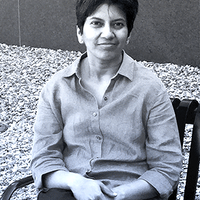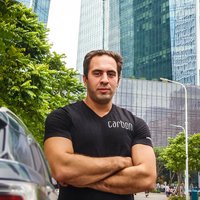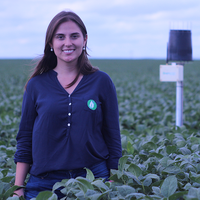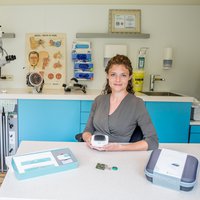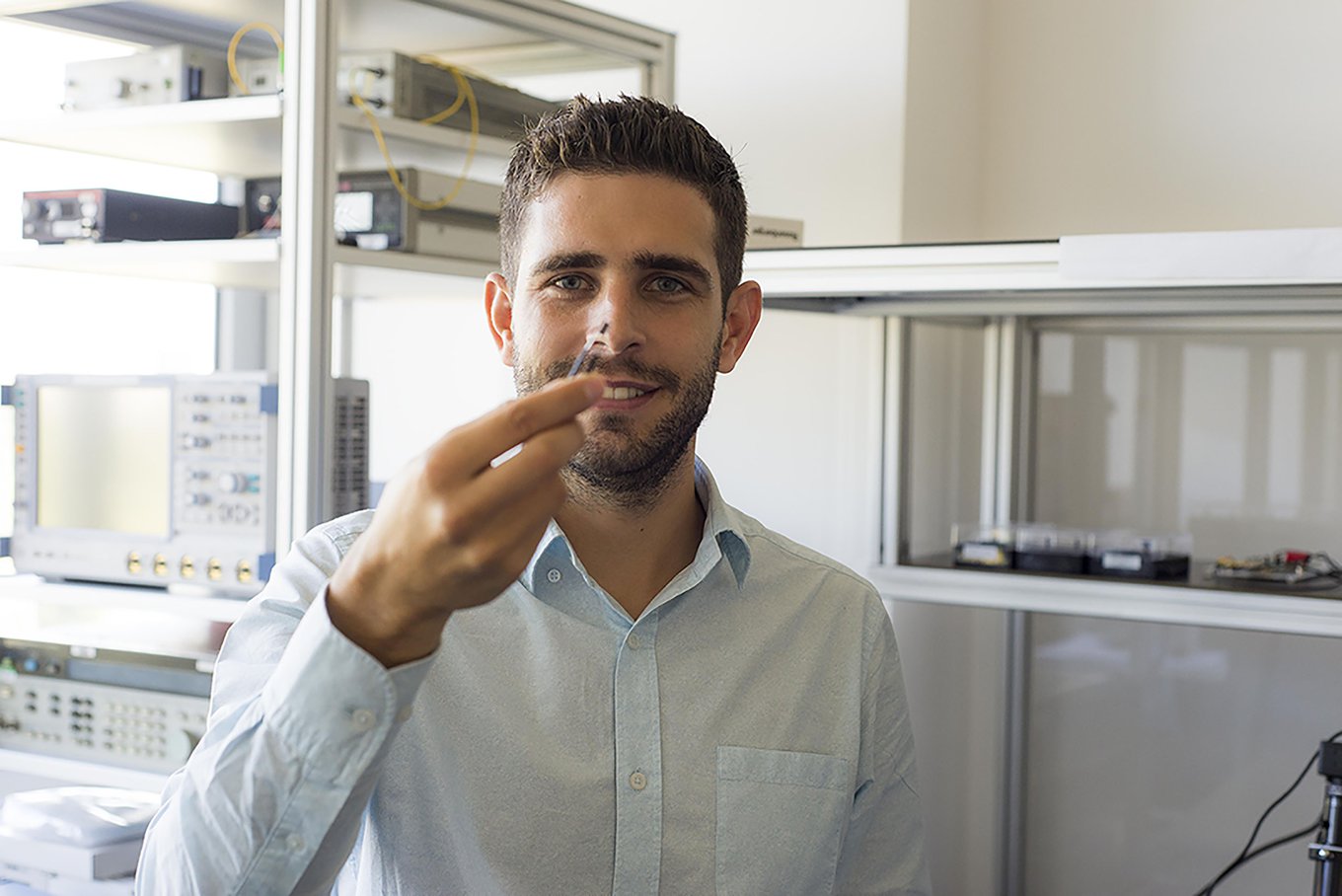Current cyber-security technologies are based on cryptographic techniques that will be of little use if functional quantum computers become reality (see the NSA warns that there is no technology to control quantum computers). The consequences of these powerful computers exposing all kinds of private data are immeasurable, which means that it is increasingly urgent to find long-term solutions. And that is just what the engineer Carlos Abellán is doing with his connected devices based on quantum technology, which are able to guarantee the security of data and network systems. Thanks to this innovation, Abellán has become one of the winners of Innovators Under 35 Europe 2018 from MIT Technology Review.
In a society saturated with various types of communication technologies, which constantly give out information, data security is of vital importance. In this new paradigm, billions of devices will be connected through the IoT (Internet of things), which together with technologies like blockchain, will transform industry 4.0. But without security guarantees that are effective in the long-term, most of these new technologies will never successfully reach the market.
While studying Telecommunications Engineering at the Polytechnic University of Catalonia (Spain), two subjects caught Abellán’s attention: cyber-security and quantum mechanics. That was how he discovered a field of research called quantum cryptography (see quantum cryptography already allows you to send messages 100% securely), which years later would become the subject of his doctoral thesis. In his research he was able to demonstrate that it was possible to integrate everything necessary for the creation of quantum technologies on a single chip, and "this made a lot sense for the cyber-security and supercomputing market," says the winner.
Abellán asserts that current cyber-security algorithms are considered to be computationally secure because they are very complicated to decipher for a conventional computer. But the enormous power of quantum computers could solve them without problems, and he warns that "cyber-security would no longer be safe". This is a real risk given current advances in mathematics and cryptography, as well as the work of large companies in the development of quantum computers.
The young engineer realized that the biggest problem is with the transmission of protected data via the Internet. For this reason, he began to work with the sources of quantum entropy and password distribution systems. Both fields could solve two of the most basic requirements of cryptography: the generation of unpredictable passwords and their distribution. This was how he brought together a team to found Quside, a company that develops and markets quantum components, with the aim of building the next generation of products that provide adequate security guarantees to customers.
The Spanish innovator explains that there are several steps to illustrate how quantum technology contributes to bringing about these solutions: “Normally you want to send an encrypted and unintelligible message, but the reality is that on the internet everyone uses the same algorithms to decrypt messages for reasons of scalability". His strategy is to add a "secret" or string of random numbers prior to sending, and later the message is combined with those numbers and is uploaded to the network. If someone tries to intercept that content, they cannot because they don't have that "secret". Lastly, it sends those random numbers to decrypt the message with the help of quantum mechanics. The technology they are developing at Quside allows them to make these communications through kit that is already currently used in optical networks without the need for a quantum computer.
Olivier Leclerc, the activist in entrepreneurship at Safran SA, co-founder of the association Les Hacktivateurs and member of the jury of Innovators Under 35 Europe 2018, believes that Abellán is "a researcher and entrepreneur with talent, capable of assembling a team around an ambitious project about network security that will generate a positive social impact".
By Daniela Perdomo
Translation: Lisa Rushforth
